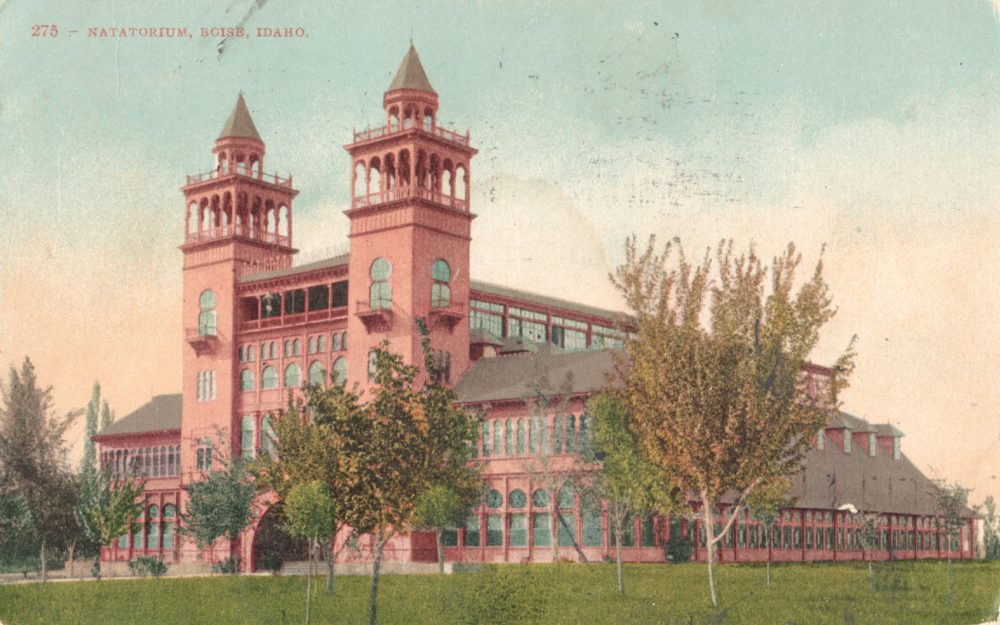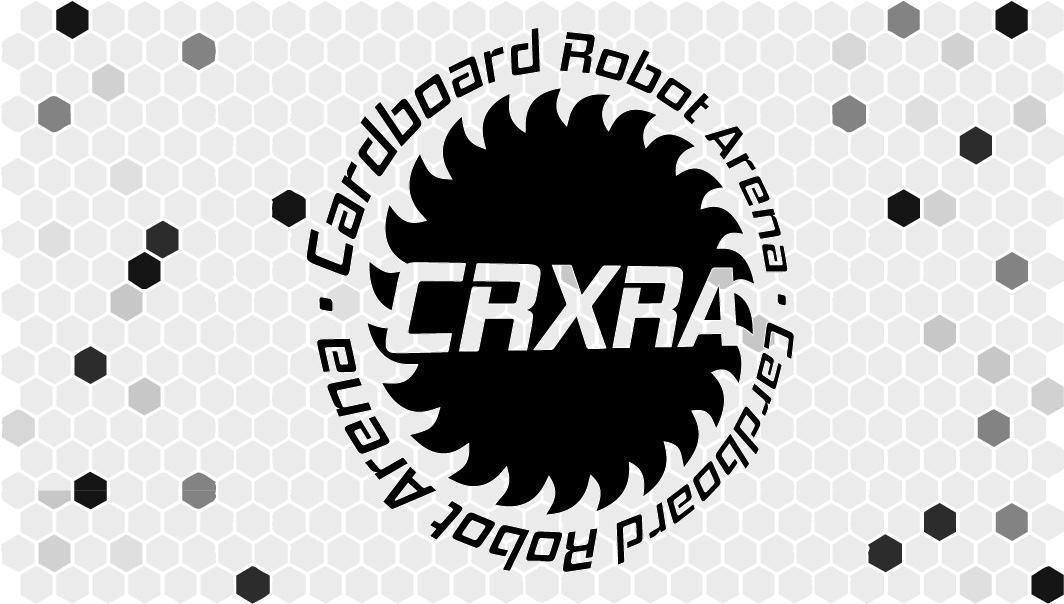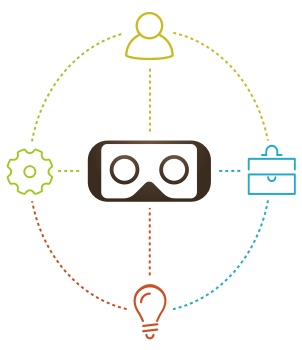
 IVRC Member Gordon Roberts recently told us about a VR project he’s working on that has us intrigued and we can’t wait to see. Roberts is currently rebuilding the Boise Natatorium and White City Amusement Park in VR! (Jaw hits floor…) How cool is that? The Boise Natatorium was built in 1892 and was located where the current Natatorium is today on Warm Springs Avenue. It featured a 125 foot geothermal heated pool and had a dance hall, dining hall, bar, lounges, billiard and card rooms. In 1934 the building was torn down after years of steam from the hot water weakened the wooden beams. Built in 1907, the White City Amusement Park was located next to the Natatorium and featured a roller coaster, dance pavilion, and moving picture theater. Once the experience is completed users will be able to visit the historic Boise Natatorium and ride the White City roller coaster in VR. Stay tuned, we’ll let you know as soon as it’s available. Until then, check out the video preview at the end of the blog!
IVRC Member Gordon Roberts recently told us about a VR project he’s working on that has us intrigued and we can’t wait to see. Roberts is currently rebuilding the Boise Natatorium and White City Amusement Park in VR! (Jaw hits floor…) How cool is that? The Boise Natatorium was built in 1892 and was located where the current Natatorium is today on Warm Springs Avenue. It featured a 125 foot geothermal heated pool and had a dance hall, dining hall, bar, lounges, billiard and card rooms. In 1934 the building was torn down after years of steam from the hot water weakened the wooden beams. Built in 1907, the White City Amusement Park was located next to the Natatorium and featured a roller coaster, dance pavilion, and moving picture theater. Once the experience is completed users will be able to visit the historic Boise Natatorium and ride the White City roller coaster in VR. Stay tuned, we’ll let you know as soon as it’s available. Until then, check out the video preview at the end of the blog!
Roberts graduated from the University of Idaho with a BS in Computer Engineering. He spent twenty four years at Micron Technology in product development and retired from his role as Engineering Operations Director in 2015. After retiring Roberts dove into development launching several mobile games (with 500k+ downloads!) and launched Puzzling Rooms VR in the Steam store in August 2016. Here’s what Gordon had to say about getting started in technology and his thoughts on the VR industry:
Q: How did you get started in the technology space?
Gordon: I started as a kid playing video games. When the first personal computers came out their were very few games to play so we had to write our own. The first game I programed was a stock simulation game back in the early 80's. Ever since then I've been driven to see what the latest technology advances would allow us to do in the gaming world. My games have tracked technology advances from Text to Graphical to Mobile(2D to 3D) and now to VR.
Q: Why are you passionate about VR?
Gordon: I spent 24 years building computer chips to enable technologies like Mobile Phones, VR, and AI. Now I want to see what we can do with those technologies to create the next level of advancements. After my first demo on an HTC Vive I knew it would be my obsessions for next few years. I don't think we have even scratched its potential for applications.
Q: What do you think are the greatest opportunities within the VR/AR space?
Gordon: Expensive and hazardous training/simulations(industrial / medical / military / first responder) are a perfect fit for VR. I think entertainment/social are big opportunities but they will probably be dominated by the big players(Disney, Apple, Google, Facebook).
Q: Have you come across any cool new tools/technology recently? What?
Gordon: My latest VR system is an Oculus Go. The small wireless standalone device is very convenient to use. I really think this is the form factor/price point that all VR headsets need to get to. It won't be mass adopted until it is 6DOF(both headset and controllers), faster CPU/GPU, and has better battery life but that is all in the pipeline.
Q: Top 3 companies to watch in this space?
Gordon: I really like what Valve has done with full room tracking and open specifications. I think Facebook will have the scale to get the cost of future VR systems down and will eventually figure out the killer social app for VR. I think both Google and Apple will dominate AR once the hardware progresses to smaller form factors with larger FOV.
Q: Where do you hope we’ll be in 10 years with VR/AR?
Gordon: I'm really hoping for full body tracking with good feedback haptics in the VR space and AR devices with full field of view hidden in our glasses. I expect most media(news, entertainment, sports) to be presented in VR. I expect education will evolve to an 80% at home in VR model.
Q: What innovations are you looking forward to most?
Gordon: I really think self driving cars will change society the most in the next 10 years. The self driving car projects utilize every major technology advancement in computers, VR and AI. Waymo/Google has driven billions of miles in VR simulations to enable the fist autonomous car services that will be coming out later this year in Phoenix. An average person spends over an hour a day driving. What are we going to spend that extra hour a day doing? Media? Games? Social? Classes? I would be very surprised if Google didn't have AR/VR systems available in the cars to keep us busy.
 If you would like to connect with Gordon, he can be reached via LinkedIn.
If you would like to connect with Gordon, he can be reached via LinkedIn.



Recent Comments